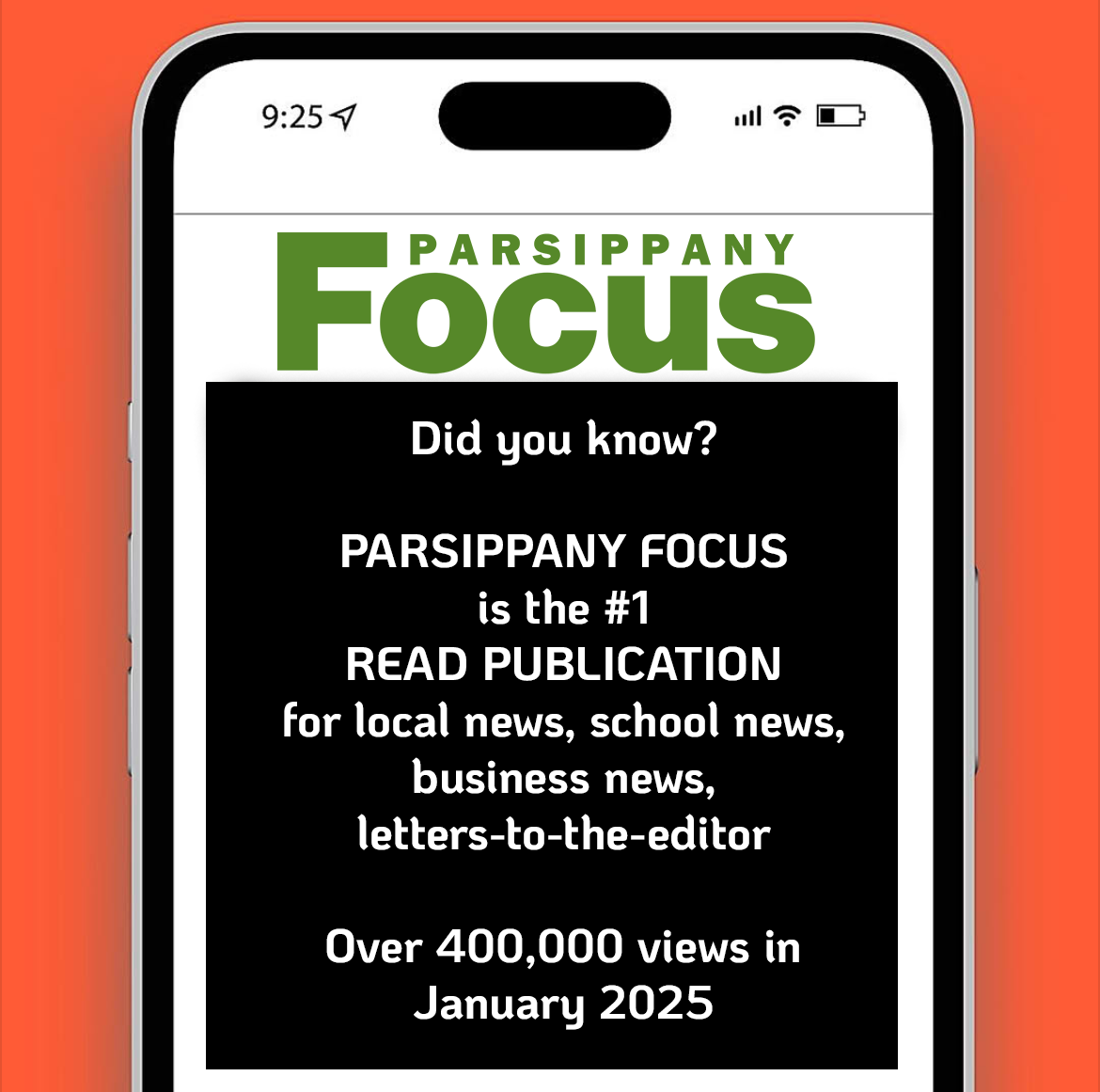By Krysten Mayers
As an African American Field Hockey Player, I Challenge the Preconceived Notions and Stereotypes of a Typical Field Hockey Player Living in the U.S.
My father, Leroy, was a player on the Barbados Men’s National Field Hockey Team. Outside of the United States, field hockey has always been a sport dominated by both men and women. In the U.S., mostly women play because the sport is still relatively new to the country. I remember numerous times during my childhood where my father had to travel with his national team to a different part of the world to compete. One day when he returned from touring, my sister and I asked him if he could teach us field hockey. He was a bit hesitant at first, seeing that it is a dangerous sport, but we were finally able to convince him. At that time, I was approximately five years old and eager to learn this interesting, fun sport. That day, my father transitioned from being just our parent to also being our coach. He coached us many hours per week, because he hoped that we could become the best of the best. When I was in middle school, my father even created a club field hockey team, “G-Force,” so that he could coach other girls who were willing to learn the sport as well. My sister and I would recruit many of our friends from school, as we wanted to share this great experience.
My middle school had a field hockey team, and I was reluctant to try out. My family and I were so happy when the team was finalized and my name was at the top of the list. I played on the field hockey team throughout my middle school years, and we competed against other teams that had a few, but not many, African American girls. I didn’t think much of it back then, because I didn’t know better. I was elected captain of my middle school field hockey team: a very big accomplishment for me. I thanked my dad for teaching me the sport at a young age and helping me develop the ability to teach others the skills they needed to succeed.
In high school, I made the varsity team as a freshman, which was very hard to do and something that rarely happened at my high school. I was a main contributor to my team both on and off the field. I hosted many team bonding events and helped coordinate carwashes and fundraising opportunities. I was also the leading goal scorer for my team and was a very influential player when it came to teaching the less experienced girls on the team.
Halfway through my freshman year field hockey season, I realized that the atmosphere on the field was quite different compared to that of when I was in middle school. I began to realize that there were rarely any other African American girls on the field. We played one or two schools that had one on their team, and even then, they did not get one second of playing time. I was the girl whose family was easily spotted on the sideline because they were black, and I was known as “that black girl on the field.” This realization haunted me for the rest of my high school field hockey career. I remember many games when I’d scan the opposing team at first sight for a girl who had melanin levels around mine. These years were a very disappointing time of my life. It seemed to me that the higher the level of field hockey, the fewer minorities were present on the field. I was not wrong. In the U.S., field hockey is a white-woman dominated sport. The women’s U.S. national field hockey team is consistently composed solely of white women. Nonetheless, I kept trying my hardest to succeed, because I was not going to be the next black girl to falter because of the way society seems to be parsing African American woman out of the sport. I continued my career in field hockey at high school and was selected to be the captain when I was a senior. The girls on my team really supported and respected me for all the knowledge of field hockey I had to give to them.
Throughout my field hockey career in both middle school and high school, I was on my dad’s “G-Force” field hockey team. I had traveled all across the U.S. to compete in local and national tournaments and had grown as a person and a player. There were those times “once in a blue moon” when I would see a black girl on another team and she would actually not be a benchwarmer. These women were exceptional amongst their team members, and it showed. I would be so proud of them and try and speak to them at the end of their games to tell them how well I thought they played. I wanted to know their story and feel the strength that they had acquired from playing a white-dominated sport. When there were other black girls on the field, it was usually one per team. It was almost as if coaches only allowed one African American girl to travel with them. Crazy I know, but that’s my speculation.
Never seeing any black girls on the field was not the only racial discrimination that I noticed. The referees who were calling the games showed a lack of diversity as well. I remember numerous games throughout my career playing field hockey when the refs were biased against my actions. They assumed that I was being aggressive because of my skin color. Many of them would send me off the field and allow other white girls to get away with the same offense that I previously got called for. These were tough times, but I learned to develop many coping mechanisms to get through the game and ignore all the obstacles that were being thrown in my way. I had some coaches who would just allow me to be publicly discriminated against, but I have also had a fair share of coaches who would stick up for me and protect me.
When I journeyed into playing field hockey in college, I chose to play for Cornell, because I saw myself really making a positive impact on their field hockey team, and I valued the team culture and goals. However, because college field hockey is yet another step up in U.S. Field Hockey, I experienced even more racially-driven situations. I have been the only black girl on Cornell’s field hockey team for all four seasons of being here. I can honestly say that being the only racial minority on the college field hockey team has been the biggest influence on my life. It’s hard being the only one from a particular culture in a sea of other people who have similar backgrounds. You feel like an outcast and find yourself in many awkward situations:
My teammates would often look in my direction when a popular song came on that had a specific reference to a dance that has predominantly surfaced amongst black people.
My teammates would also play music in the locker room and on the bus that I had never heard and didn’t really pump me up, because it was the type of music that had mostly white listeners. I would often find myself having to put headphones on, to listen to more familiar music that would help me get into game mode.
When we traveled to different hotels and restaurants, I could see other people looking at me and the group I was in. I know that at least half of them thought I did not belong.
When I went to parties with the field hockey team, people would often ask me if I was on the track team because of my skin color. The parties that they went to were all predominantly white parties; I was usually the only black one in the room. I stopped going out to parties with the team for this very reason. I never had fun.
As a member of the field hockey teams in my middle and high school and of “G-Force,” I started off being oblivious to the hidden game beyond the game on the field of how my race influenced my success, but as I became more experienced as a player and as a person, the uncomfortable nature of feeling singled out seeped under my skin. The only reason I know what it feels like to be on a team and feel completely comfortable is because I am also a member of the Barbados Women’s National Field Hockey Team. I travel to Barbados to train with the national team during the summers, winter breaks, and occasionally when I can during the school semester. In fact, I actually traveled with the team last Spring Break to Trinidad to compete in the Junior Pan Am games. When I was first selected to be on this team, the girls were weary about me and saw me as “the girl from the States who would take their positions.” I was able to rid them of that thought as I grew closer with them and made sure they knew that I was only there to help and share my knowledge of the game. When we played in Trinidad, they respected me enough and saw me as an influential part of their team that they positioned me as a leader throughout the tournament. It surprises me that these girls were able to place me at this high of a position, meanwhile, my other team at Cornell did not select me as their team captain despite all I’ve done for them since my freshman year. A big part of me always knew that I shouldn’t have expected to become captain, because I didn’t “fit” in or represent the rest of the team’s “image,” but I tried anyway. I just recently broke the record for most career goals and most career points in the Cornell Field Hockey All-Time Record Book that has stood years before I was even born. My goal is to keep improving my own record and leave a lasting legacy.
My development as an African American field hockey player in the U.S. has been a challenging but humbling experience. Many people were not pleased that I was prospering in a white-dominated sport. This forced me to always strive to be better than best because, it was only then that I would be acknowledged for my efforts to succeed. It is this mentality that has carved me into who I am today and what will carry me into my future endeavors.















